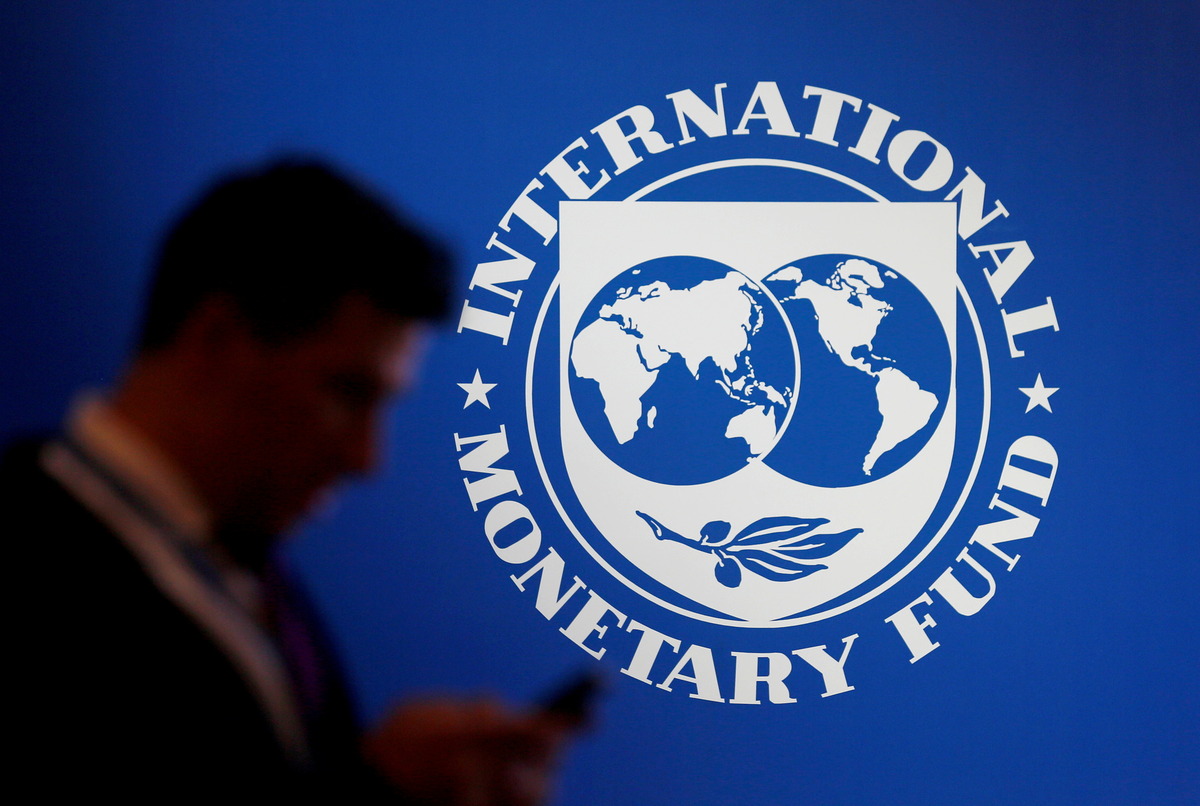According to the International Monetary Fund (IMF), Saudi Arabia’s economy is expected to experience positive prospects, with the non-oil GDP growth momentum projected to strengthen. This optimistic outlook remains intact despite the uncertainties prevailing in the external environment.
The recent report on Article IV consultations with Saudi by the IMF forecasts that the Kingdom will be able to sustain economic growth due to the rise in oil prices. The report highlights the continued strength in crude demand. It also emphasizes the production cuts agreed upon within the OPEC+ alliance. These factors are anticipated to have a positive impact on the Saudi economy throughout the remainder of the year.
Read more: Saudi economy grows by 8.6 percent in Q3
Nevertheless, if the acceleration of non-oil investments continues, it could result in a gradual increase in domestic demand. This, in turn, may exert pressure on prices and external accounts.
Based on the report, the IMF anticipates Saudi Arabia’s GDP to experience growth of 1.9 percent in 2023. Additionally, it is projected to grow by 2.8 percent in 2024. Furthermore, the non-oil GDP is expected to expand by 4.9 percent in 2023 and by 4.4 percent in 2024.
Conversely, the IMF cautioned that a notable risk in the near term is the potential decrease in oil prices due to a slowdown in global economic activity. Additionally, a faster-than-anticipated transition away from fossil fuel usage could disrupt growth in the medium to long term.
Robust trajectory
The IMF stated that Saudi Arabia’s banking system continues to be on a robust trajectory, with high profitability levels surpassing those seen before the pandemic.
According to the report, inflation in Saudi has remained at a low level and is currently showing signs of decline. This is attributed to various factors, including domestic support measures, price caps, and the strengthening of the U.S. dollar.
In 2022, the average consumer price index in the Kingdom increased by 2.5 percent compared to the previous year. As of May 2023, the year-on-year total inflation stood at 2.8 percent. It had previously risen to 3.4 percent earlier in the year.
According to the Fund’s projections, inflation is expected to reach 2.8 percent in the current year. Furthermore, it is anticipated to decrease to 2.3 percent in the following year.
The Saudi Ministry of Finance, in a statement posted on its Twitter page, conveyed the appreciation of Saudi Finance Minister Mohammed bin Abdullah Al-Jadaan for the Fund’s report.
Commending efforts
According to the report, the experts from the Fund commended the efforts made to generate non-oil revenues, resulting in a doubling of such revenues since 2017. They also urged the Kingdom to continue its endeavors in mobilizing non-oil revenues, including the maintenance of the VAT rate. Additionally, the majority of managers recommended expediting energy price increases to reduce subsidies.
As per the statement, managers reached a consensus that energy support reforms should be accompanied by an expansion of carefully targeted social programs. These programs aim to mitigate the impact of the reforms on the most vulnerable population groups.
The Fund’s estimate suggests that the Kingdom is projected to have a public finance deficit of 1.2 percent of GDP in 2023. This deficit is anticipated to increase to 1.6 percent in 2024.
For more news on the economy, click here.








